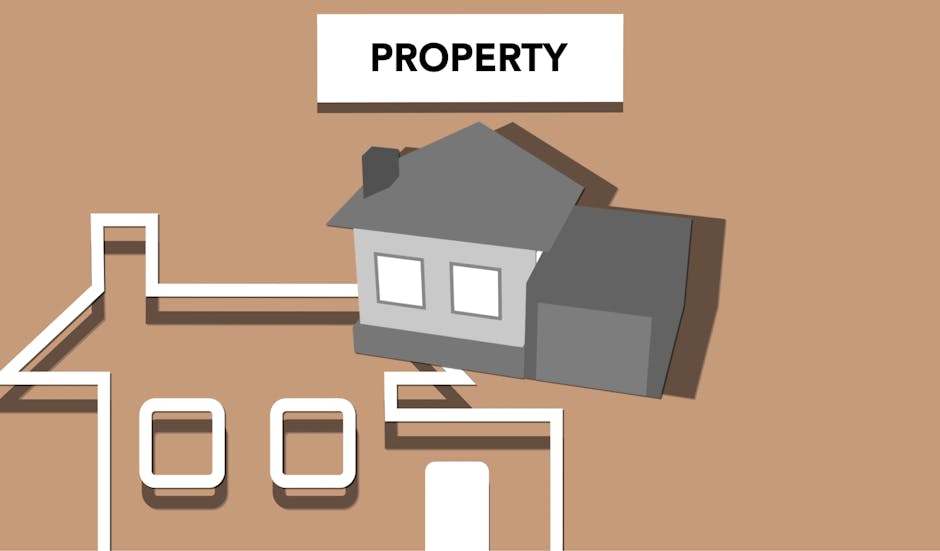 What You Ought To Know About Home Equity Loans
What You Ought To Know About Home Equity Loans
Generally, the rate of interest of a house equity finance depends on your credit rating and the marketplace value of your house. In some cases, you may have the ability to claim the interest paid on the house equity finance as tax obligation insurance deductible revenue. Residence equity finances can be utilized for various things including home improvements, financial obligation consolidation as well as college expenditures. However, you need to always take into consideration the function of your funding before you make an application for a lending. A lot of home equity lendings are paid off with dealt with month-to-month settlements for a set time period. You might pay the entire amount in a lump sum, or you might choose to pay off the financing in smaller payments throughout a few years. Typically, the rate of interest on a residence equity loan is higher than various other types of financing. You might likewise have to pay a property surveyor fee to acquire a loan. House equity car loans are typically safeguarded by your home, however some lenders may have constraints on the kind of residential or commercial property you can make use of as collateral. For instance, commercial buildings can not be used to protect a residence equity funding. Also, some lendings need a minimum credit rating of 700 or higher. A home equity funding might be a good alternative if you need to fund a large purchase, spend for college, or combine high-interest financial debt. These fundings can additionally help you keep up with month-to-month costs. However, you need to guarantee that you understand the terms and conditions of your car loan prior to authorizing a contract. A home equity finance can be terminated without penalty within 3 days after signing the lending papers. If you have a home that is owner-occupied, you can borrow up to 80% of the house’s value. On the other hand, if you have a financial investment residential or commercial property, you can obtain just as much as 70% of the residence’s value. Depending upon your circumstance, the lender may need that you have an also higher credit history to get a lending. You can also have a greater loan-to-value ratio, and also the optimum LTV can vary from lending institution to loan provider. Residence equity lendings are generally paid off with taken care of monthly payments for ten to thirty years. The rate of interest on a house equity loan may be tax insurance deductible, but you must discuss this with your tax consultant. Relying on your circumstance, you may have the ability to work out a lower rate of interest with your current lending institution. However, you ought to realize that you will certainly lose your residence if you default on the funding. You may be able to terminate your house equity loan at any time prior to it is paid off, yet the terms are usually not versatile. Nevertheless, you may be able to terminate your finance for personal financial emergency situations. You might additionally have the ability to exercise termination rights under neighborhood regulation. If you have a personal economic emergency situation, make sure you are willing to waive the termination civil liberties to avoid a repossession. Home equity fundings are often less complicated to get than various other kinds of financing, but it is essential to recognize your home’s equity prior to applying for one. This is because your residence is utilized as security. Your home’s equity will reduce if the market goes down dramatically.
Questions About You Must Know the Answers To